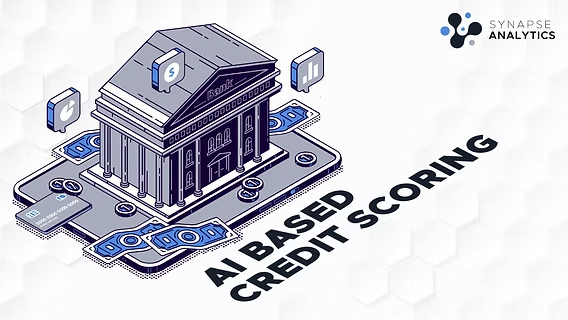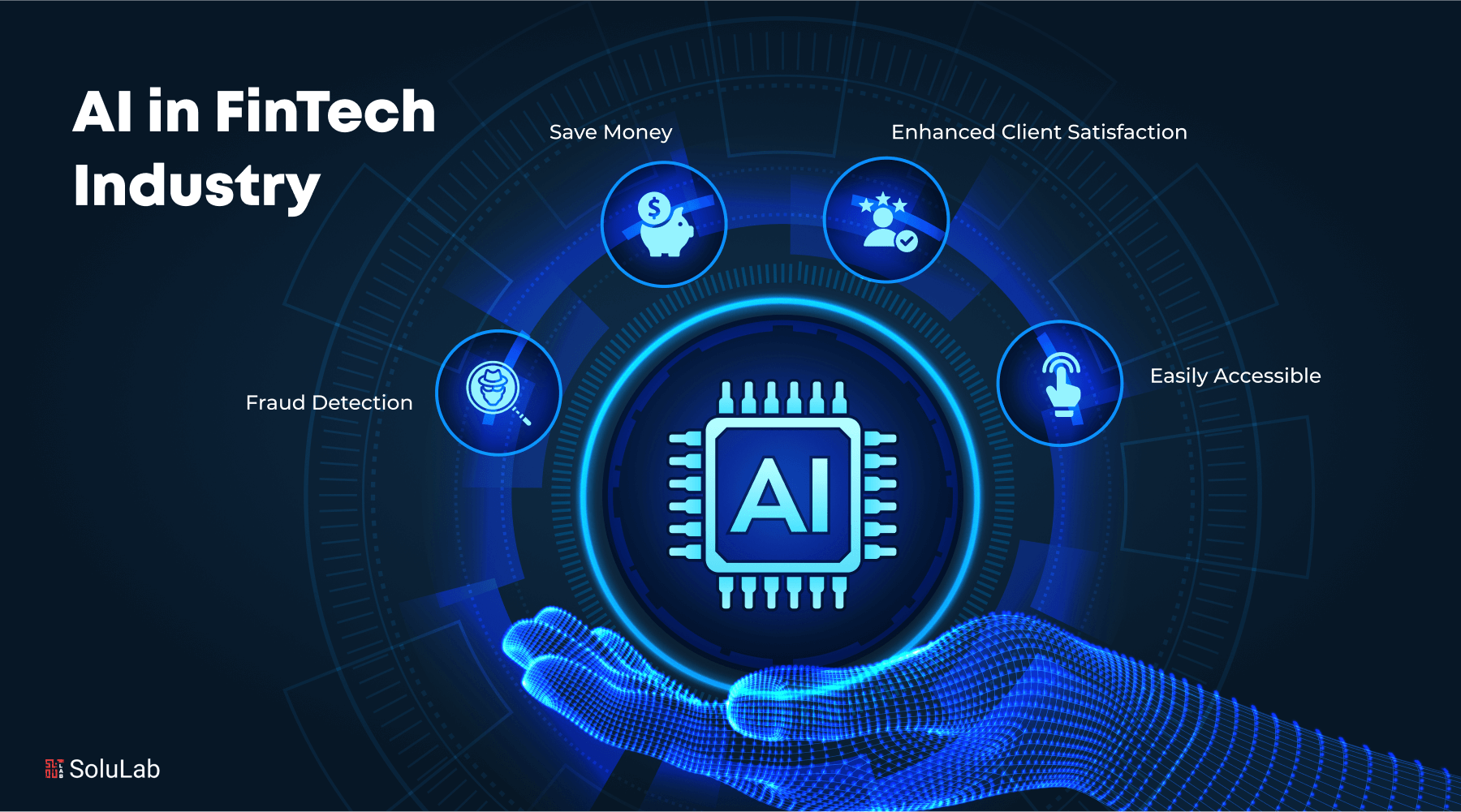Global Expansion Strategies for FinTechs in Emerging Markets: A Playbook for Leaders
2nd August 2025
 The Rise of Contactless Payments: Benefits and Security Concerns
The Rise of Contactless Payments: Benefits and Security Concerns
 The Evolution of Fintech Regulation: What’s Next?
The Evolution of Fintech Regulation: What’s Next?
 Top Fintech Innovations Shaping 2025: The Future of Finance
Top Fintech Innovations Shaping 2025: The Future of Finance
 How Open Banking is Shaping Financial Services Globally
How Open Banking is Shaping Financial Services Globally
 QR Codes and the Cashless Leap: Transforming India's Financial DNA
QR Codes and the Cashless Leap: Transforming India's Financial DNA
 How AI is Transforming the Credit Scoring System
How AI is Transforming the Credit Scoring System
 The Impact of 5G on Fintech Services
The Impact of 5G on Fintech Services
.jpg) The Future of Payments: Trends Reshaping Transactions in 2025
The Future of Payments: Trends Reshaping Transactions in 2025
 Biometric Payments: The Next Big Trend in Secure Transactions
Biometric Payments: The Next Big Trend in Secure Transactions
 The Role of Cryptocurrencies in Cross-Border Payments
The Role of Cryptocurrencies in Cross-Border Payments
 Flipkart Gets a Lending Licence: A Bold Leap into Embedded Finance
Flipkart Gets a Lending Licence: A Bold Leap into Embedded Finance
 What the Future Holds for Digital-Only Banks: Navigating the Next Era of Banking
What the Future Holds for Digital-Only Banks: Navigating the Next Era of Banking


16 May 2025
3 min read
397
In 2025, the conversation around artificial intelligence (AI) in fintech has shifted from if it will change the industry to how profoundly it already has. While traditional AI has long been embedded in fraud detection, credit scoring, and chatbots, the emergence of Generative AI is catalyzing a far deeper transformation — reshaping how fintechs build products, make decisions, and engage with customers.
Unlike conventional AI that relies on pattern recognition and prediction, Generative AI is capable of creating content — from dynamic customer communication to synthetic datasets for training models. This shift means fintechs can go beyond automation to augment human decision-making, personalize experiences at scale, and unlock entirely new business models.
1. Hyper-Personalized Customer Experiences
Generative AI enables real-time generation of customer-facing content — from personalized investment insights to financial literacy summaries tailored to individual users. This goes beyond scripted chatbot replies and instead offers contextual, conversational interactions powered by large language models.
2. Synthetic Data for Smarter Risk Models
Data scarcity and privacy concerns have long hindered innovation in financial services. Generative AI solves this by creating synthetic yet realistic datasets, allowing fintechs to build and test credit, underwriting, or fraud detection models without compromising sensitive user data.
3. Accelerated Product Development
Product and engineering teams are using generative AI to prototype interfaces, generate code snippets, write test cases, and even simulate user journeys. This shortens development cycles and improves time-to-market for new digital financial services.
4. Regulatory Reporting and Compliance
The burden of compliance in fintech is growing. Generative AI is now being used to summarize regulatory updates, extract key clauses from complex documentation, and assist compliance teams with automated audit trails — all while maintaining a human-in-the-loop approach to ensure accountability.
While the potential is vast, adoption of generative AI in fintech is not without risk. Hallucination of facts, model bias, and lack of explainability remain key concerns, especially in regulated environments. There's also a growing debate on ethical AI deployment, particularly when it involves decisions that impact creditworthiness, financial advice, or insurance.
Moreover, fintechs must ensure that AI-generated outputs align with data privacy frameworks, such as India’s Digital Personal Data Protection Act (DPDPA) or global equivalents like GDPR.
The future of fintech isn’t about AI replacing humans — it’s about amplifying human potential. Whether it's advisors equipped with generative tools, or compliance officers supported by intelligent assistants, the synergy of human judgment and AI scalability will define the most successful players in this space.
As generative AI matures, the winners in fintech will not be those who adopt AI the fastest, but those who implement it responsibly, transparently, and with clear value to the end user.
2025 marks a turning point where AI moves from the back office to the core of customer experience and strategy. Fintechs that treat generative AI not just as a tool, but as a co-creator of financial value, will lead the next wave of digital financial innovation.
Read Next
 News
News
 News
News
 News
News
 News
News
 News
News
 News
News
Live Polls
Live Discussion
Topic Suggestion
Whom Do You Wish To Hear
Sector Updates
Leave your opinion / comment here